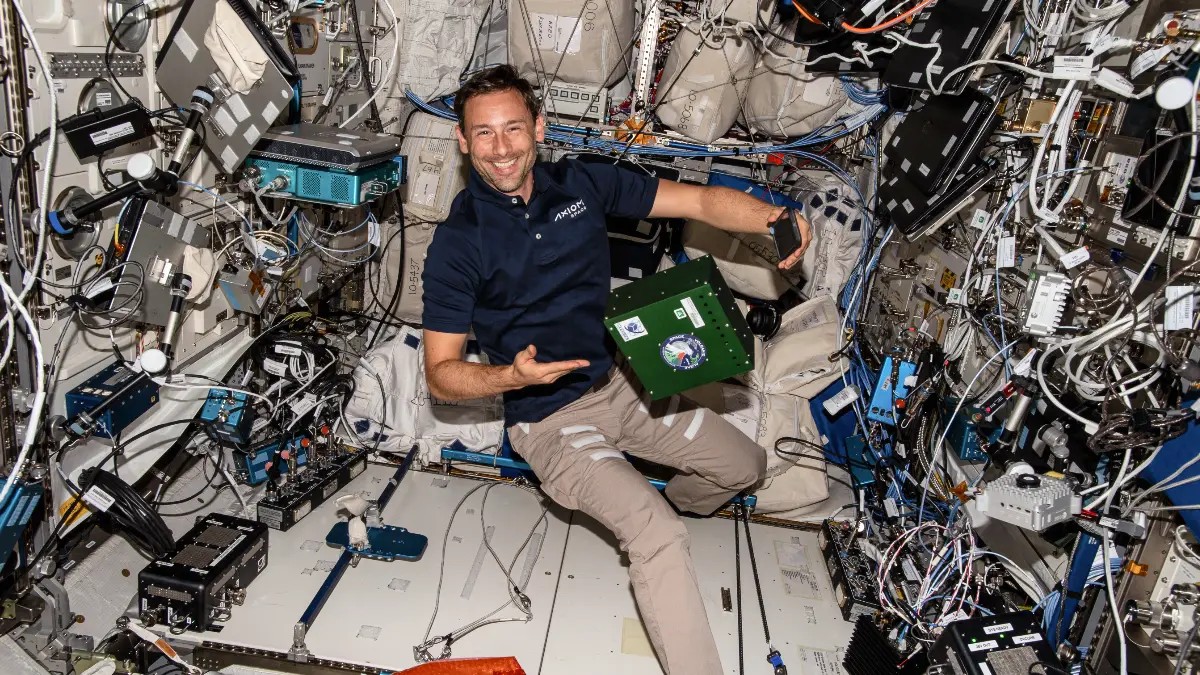Households will continue to face rising water bills despite an overhaul of how the sector is regulated, Environment Secretary Steve Reed has warned. He promised increases would be "small" and "steady" rather than the shock hikes seen this year.
Reed is expected to set out plans for "root and branch reform" of the water sector on Monday, following publication of a landmark industry review. The reforms aim to tackle sewage spills, boost infrastructure investment and potentially abolish the beleaguered regulator Ofwat.
Bills to keep rising steadily
Ministers are seeking to avoid a repeat of this year's 26 per cent increase in water bills. However, Reed was unable to rule out further above-inflation rises when pressed on Sunday morning television.
He told Sky News that bills should be "as low as possible" but added there needed to be "appropriate bill rises" to secure investment. "A small, steady increase in bills is what people expect," Reed said.
Social tariffs under consideration
Government sources argued the recent large bill increase was necessary to pay for investment in long-neglected infrastructure. They expect Reed's promised reforms to make further large rises unnecessary.
Asked about expanding social tariffs to help struggling households - which could see wealthier families pay more - Reed said he had "not been convinced yet" this was necessary. The move would redistribute costs across different income groups.
Sewage pollution target set
Earlier on Sunday, Reed pledged to halve sewage pollution in England by 2030 after the Environment Agency reported serious pollution incidents rose 60 per cent in 2024. He aims to eliminate pollution completely by 2035 if Labour wins re-election.
Reed suggested to the BBC he would resign if the 2030 target was not achieved, provided he remained in the same job. His comments come before a major report by former Bank of England deputy governor Sir Jon Cunliffe on Monday.
Ofwat faces abolition threat
Sir Jon has been widely reported to be preparing to recommend abolishing Ofwat, which faces criticism over sewage spills and allowing water companies to pay large dividends whilst missing infrastructure targets. Reed declined to say whether he would scrap the regulator but also refused to express confidence in it.
"The regulator is clearly failing," Reed told the BBC's Sunday With Laura Kuenssberg. Sir Jon's interim report criticised regulation split between Ofwat, the Environment Agency and the Drinking Water Inspectorate.
Opposition voices concerns
Conservative shadow communities secretary Kevin Hollinrake warned any changes "might just be shuffling the deckchairs on the Titanic". He told the BBC that previous Conservative measures had given Ofwat more powers and "a lot of those things were very effective".
Liberal Democrat leader Sir Ed Davey backed scrapping Ofwat, calling for a new Clean Water Authority to "hold these water companies to account". He demanded the Government go further and eliminate sewage pollution entirely by 2030.
Nationalisation ruled out
Davey criticised water companies for paying "millions in dividends and bonuses" whilst customers face higher bills. "It would be deeply unfair if customers are now made to pick up the tab for this scandal," he said.
Full nationalisation remains off the table after the Government excluded it from Sir Jon's terms of reference. Reform UK's Nigel Farage said he would look to strike a deal with the private sector to bring 50 per cent of the water industry under public ownership.
Reed argued that nationalisation would cost "upwards of £100 billion", diverting resources from the NHS and taking years whilst pollution worsened.
(PA) Note: This article has been edited with the help of Artificial Intelligence.





